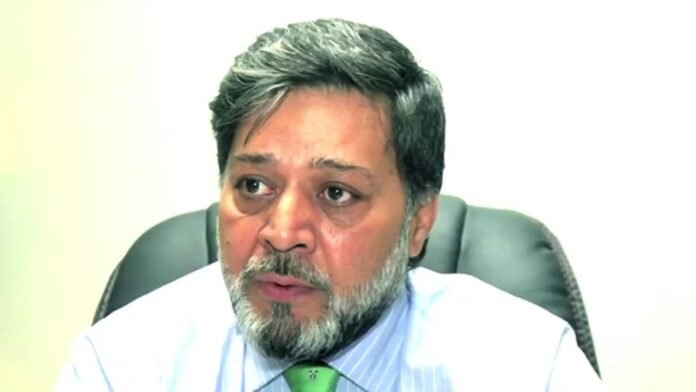The Islamabad District and Sessions Court, under the leadership of Chief Justice Shah Rukh Arjumand, is being scrutinized for its decisions in Imran Khan’s ‘Iddat’ marriage case with Bushra Bibi. Khawar Manika’s CaseThis case highlights the complexities of Islamic law within the contemporary judicial system, revealing numerous legal intricacies and procedural hurdles.
Case Background Information
Allegations suggest Imran Khan wedded Bushra Bibi during her ‘Iddat’, a waiting period in Islamic law after divorce or widowhood to ensure non-pregnancy. This claim sparked discussions among lawyers and the public about adherence to religious norms and legal obligations regarding marital timelines and lineage clarity.
Principal Figures Involved in Khawar Manika’s Case
The media has always closely followed Imran Khan – a former Prime Minister and the chief of PTI, making his personal life a subject of great interest. Consequently, his popularity among the people has increased even more after this trial. Bushra Bibi, Mr. Khawar Maneka’s ex-wife, recently remarried him, allegedly before completing the Iddah period. Consequently, this event attracted wide media coverage worldwide.
Judge Shah Rukh Arjumand, presiding over this highly controversial lawsuit, has made various decisions at different stages of the hearings. Consequently, every move he made came under unusual public scrutiny due to the nature of the case and the public’s significant interest in knowing what would happen next regarding such high-profile cases.
The Court Proceedings Khawar Manika’s Case
The courtroom atmosphere has been tense, with each session marked by significant events and procedural challenges. The proceedings began with Judge Shah Rukh Arjumand questioning the presence of the government prosecutor, Rizwan Abbasi. His absence caused a delay, setting the stage for dramatic exchanges and judicial maneuvers.
Prosecutor Rizwan Abbasi’s Absence
Rizwan Abbasi’s absence has had a palpable impact on the proceedings. His need to attend to Supreme Court matters left a vacuum in the district court, causing delays and frustrations. The judge’s insistence on his presence underscored the necessity of all parties’ participation for a fair trial.
Judge’s Withdrawal and Chamber Retreat
Amid escalating tensions, Judge Arjumand decided to withdraw to his chambers without delivering a verdict. This unexpected move underscored the procedural and emotional toll the case was taking on all involved.
Official Letter to Islamabad High Court Registrar
He cited Khawar Maneka’s repeated expressions of no confidence and his legal team’s disruptive tactics. The judge emphasized that continuing under such circumstances would compromise the judicial process’s integrity.
The ‘Iddat’ marriage case involving Imran Khan and Bushra Bibi remains a highly contentious legal battle. Judge Shah Rukh Arjumand’s management of the proceedings, amid absent prosecutors and transfer requests, has intensified the complexity of this intricate case. The judiciary’s navigation of these issues will likely have lasting implications for all parties involved.


